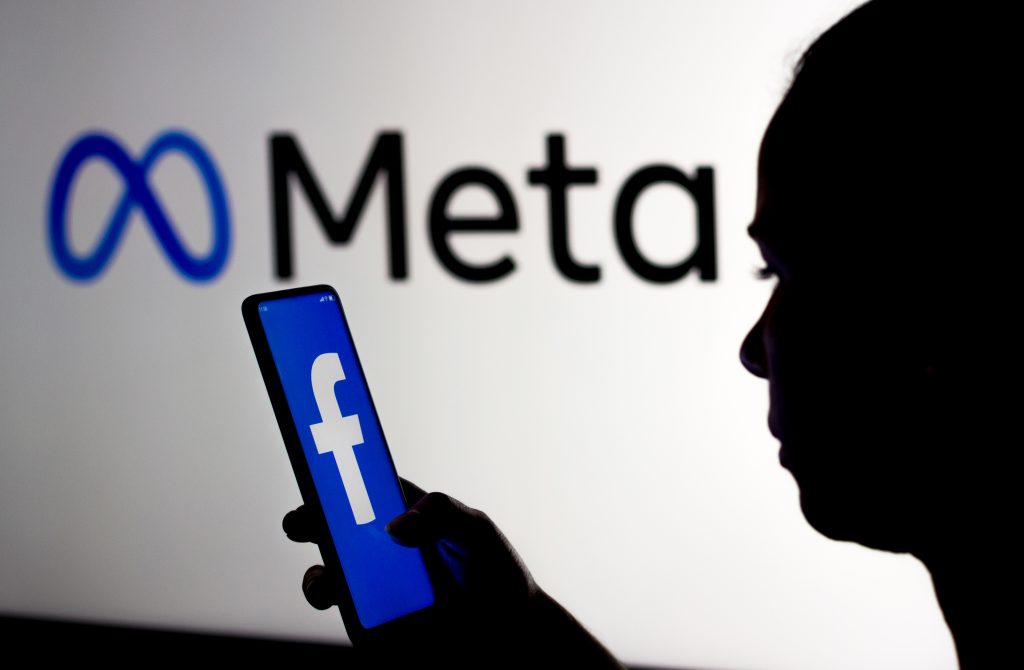Meta outlines new policy on AI political advertising
The company will require political advertisers to disclose their use of third-party AI software when creating synthetic depictions of people and events in ads related to politics or social issues.

Social media giant Meta, the parent company of Facebook and Instagram, has unveiled a new policy in response to the increasing impact of AI on political advertising. Beginning next year, Meta will require political advertisers worldwide to disclose the use of third-party AI software in political or social issue ads that involve synthetic depictions of individuals and events. By doing so, the company aims to address concerns about the authenticity and manipulation of content.
Meta has also decided to prohibit political advertisers from utilising AI software to develop political or social issue ads and ads related to housing, employment, credit, health, pharmaceuticals, and financial services. Instead, advertisers will still be allowed to use third-party AI tools, such as DALL-E and Midjourney, but only with proper disclosures.
The policy’s objective is twofold: first, to gain a better understanding of any potential risks and challenges associated with generative AI in advertising campaigns linked to regulated industries, and second, to establish appropriate safeguards to address these concerns. By requiring the disclosure of third-party AI software, Meta intends to increase transparency and accountability in political advertising, especially in synthetic depictions created using advanced technology.
Why does it matter?
A noteworthy observation from this news text is the recognition of the potential risks and challenges posed by AI in the context of political advertising. Meta’s decision to mandate disclosure and restrict the use of AI-assisted software reflects a proactive stance toward addressing these concerns.


